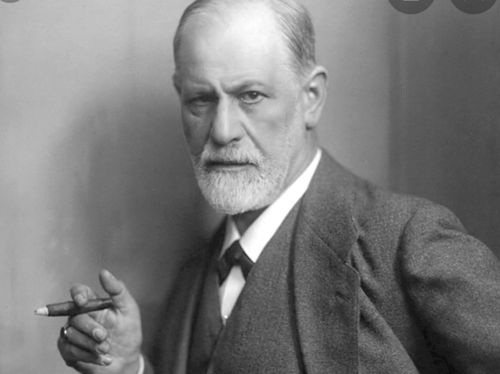The greatest psychology books…in a nutshell
Jan 10, 2022 · 2 mins read
0
Share

The great works of psychology make for amazing reading, but some are vast or difficult to read. Here’s a one-line summary of each, taken from my book 50 Psychology Classics ▶️
Save
Share
Understanding Human Nature (1927) by Alfred Adler.
What we think we lack determines what we will become in life.
Save
Share
A Guide To Rational Living (1961) by Albert Ellis & Robert A Harper.
If we know how we generate negative emotions through particular thoughts, especially irrational ones, we have the secret to never being desperately unhappy again.
Save
Share
My Voice Will Go With You: The Teaching Tales of Milton Erickson (1982) by Sidney Rosen.
The unconscious mind is a well of wise solutions and forgotten personal power. Change can happen in an instant.
Save
Share
Young Man Luther: A Study in Psychoanalysis and History (1958) by Erik Erikson.
The question “Who am I” will arise many times over the course of a person’s lifetime. Crises of identity, while painful at the time, are necessary to forge a stronger, more commanding self.
Save
Share
The Ego and the Mechanisms of Defense (1936) by Anna Freud.
We do just about anything to avoid pain and preserve a sense of self, and this compulsion often results in us creating psychological defenses.
Save
Share
The Interpretation of Dreams (1900) by Sigmund Freud.
Dreams reveal the desires of the unconscious mind, and its great intelligence. Dreams are always about the self.
Save
Share
The True Believer (1951) by Eric Hoffer.
People allow themselves to be swept up in larger causes (from religion to politics to terrorism) in order to be freed of responsibility for their lives, and to escape the banality or misery of the present.
Save
Share
The Archetypes and the Collective Unconscious (1968) by Carl Jung.
Our minds are connected to a deeper layer of consciousness that speaks in terms of imagery and myth. Our fulfilment requires we go beyond the personal self to understand this deeper collective wisdom.
Save
Share
The Farther Reaches of Human Nature (1971) by Abraham Maslow.
Our view of human nature must expand to incorporate the features of the most advanced and fulfilled human beings. These “self-actualized” people point the way for all of us.
Save
Share
0